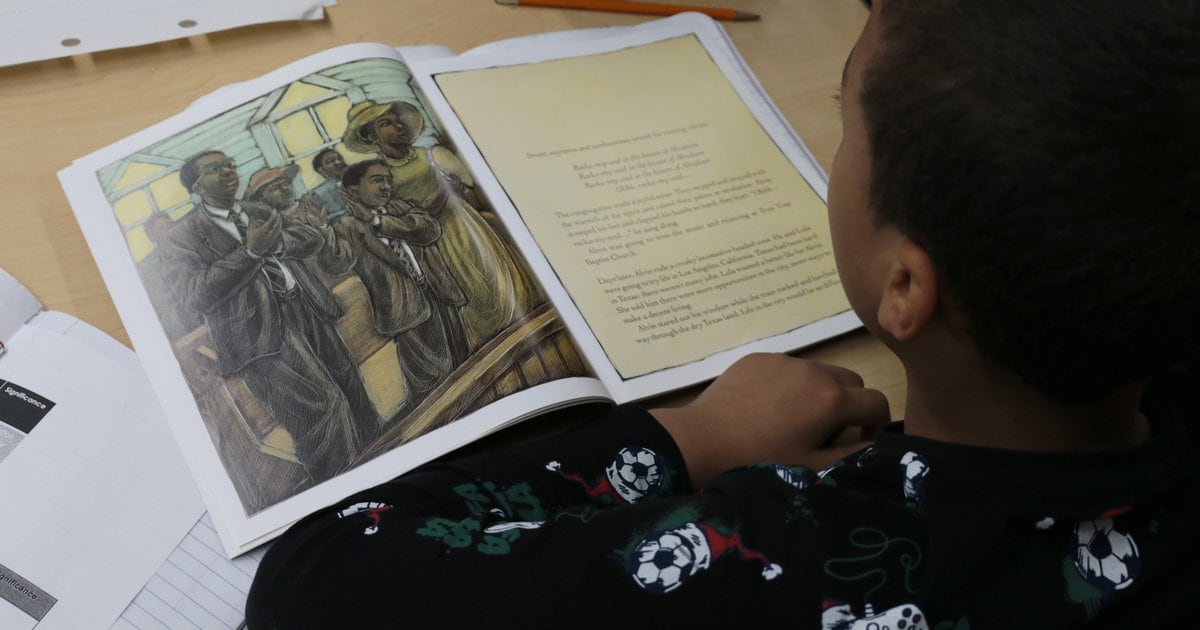During this summer, a team of students from MIT embarked on a journey to the sou …
Michigan Legislature reintroduces proposals for dyslexia support
Carlos Changemaker

Michigan lawmakers are pushing for new legislation to improve identification and support for students with dyslexia. These bipartisan bills aim to address the long-standing issue of dyslexia in schools. Efforts in the past have faltered, but these new bills have garnered support from both sides of the aisle.
Dyslexia is a hereditary reading disability that affects a significant portion of the population, estimated to be between 5% and 20%. Without proper diagnosis and intervention, students with dyslexia struggle in school. However, studies show that early intervention and high-quality instruction can help dyslexic individuals become average readers.
One of the bills, introduced by Republican Representative Kathy Schmaltz, emphasizes the need for action. Schmaltz states, “We have to do something about it now. When we know how to fix something and we’re not doing it, that’s on us, and our children shouldn’t have to suffer because we can’t get it together.”
The legislation consists of two bills in the House and two in the Senate, all of which have been referred to their respective education committees. Each bill aims to address specific aspects of dyslexia support and education.
Senator Jeff Irwin’s bill focuses on tightening state standards for literacy screeners used in schools. The goal is to improve the identification of students with dyslexia or language decoding difficulties. The bill also aims to provide evidence-based support for students with reading disabilities. Another bill, introduced by Senator Dayna Polehanki, focuses on setting standards for teacher education programs to ensure future educators are equipped to help students with dyslexia.
In the House, Representative Carol Glanville’s bill proposes the creation of a dyslexia resource guide and advisory committee within the Michigan Department of Education. This would provide valuable resources and guidance for educators and schools. Schmaltz’s bill, co-sponsored by Representative Mike McFall, calls for school districts to have at least one teacher trained in Orton-Gillingham, a teaching methodology that has shown effectiveness in helping students with dyslexia.
Supporters of the bills believe they will improve conditions for students with dyslexia in terms of reading and language processing. However, some advocates argue that Michigan’s restrictive criteria for special education eligibility may limit the impact of these measures.
According to data from the Michigan Center for Educational Performance and Information, the percentage of students identified as having a specific learning disability, including dyslexia, has decreased from 35% in 2013-14 to 25.9% in 2022-23. Nationally, the number of students with disabilities has generally increased, except during the COVID pandemic.
Special education advocate Marcie Lipsitt argues that changes to the criteria for determining specific learning disabilities are necessary for meaningful progress. She also raises questions about the effectiveness of requiring only one teacher trained in Orton-Gillingham methodology.


